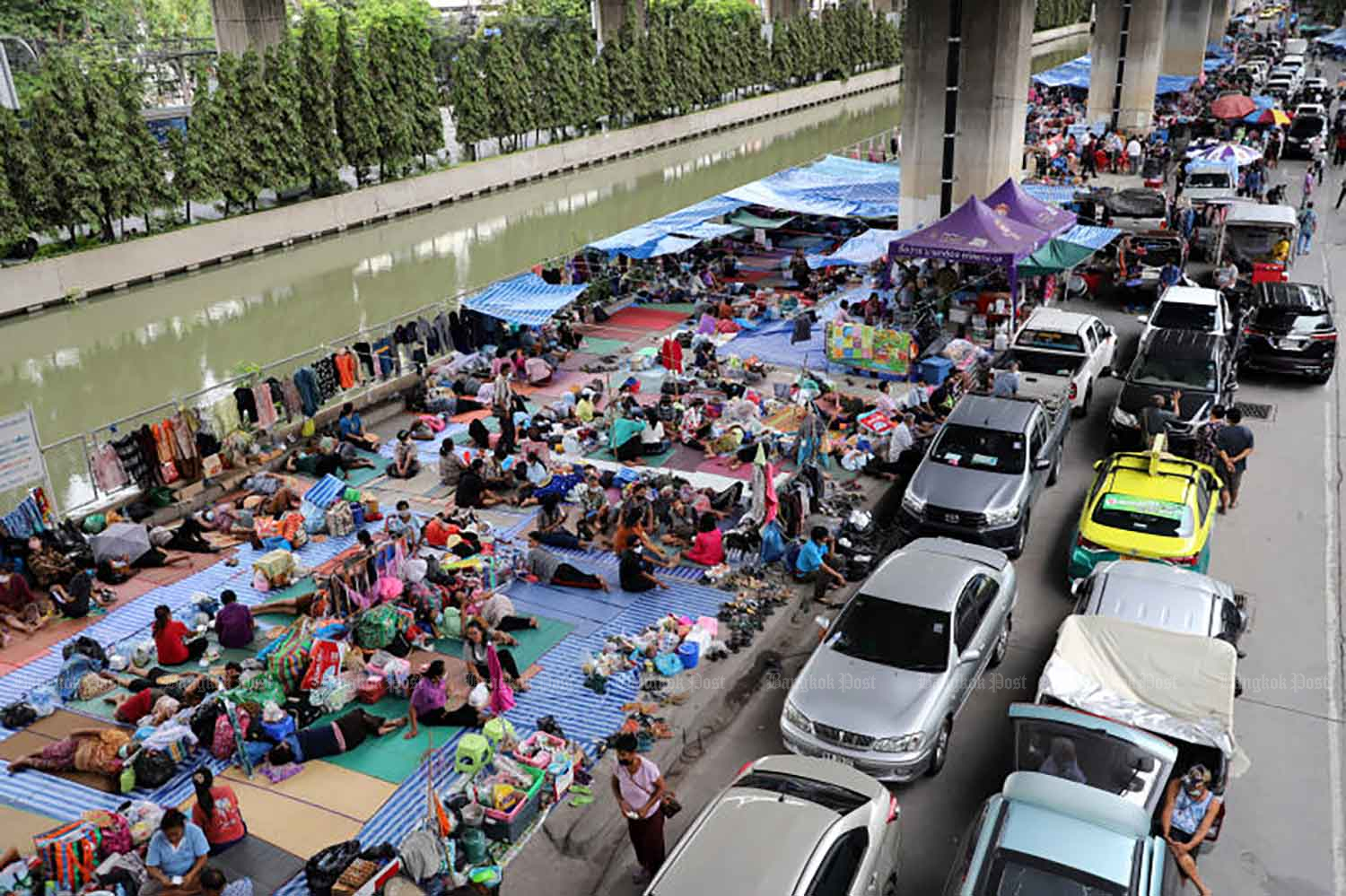
The government will introduce a debt moratorium that will cover both debt principal and interest for farmers in the fourth quarter of this year, Prime Minister Srettha Thavisin said on Tuesday.
The scheme is expected to win approval by the cabinet at its first meeting on Wednesday, along with other urgent measures aimed at cutting living costs and stimulating the economy. These include lowering energy prices and offering a temporary visa waiver programme for Chinese nationals.
Along with implementing the promised debt moratorium scheme, Mr Srettha said the government would also promote knowledge sharing and technology use so farmers can cut costs and increase their income.
Precision agriculture and the use of organic fertilisers instead of chemical ones are among the measures farmers would be encouraged to adopt.
Mr Srettha, who is also the finance minister, was responding to a question raised in parliament on Monday about government plans to help farmers.
A debt moratorium was among the urgent stimulus measures that Mr Srettha announced when he introduced the government policy statement in parliament on Monday.
He claimed the moratorium would not affect government compliance with fiscal discipline, but did not elaborate.
A Finance Ministry source said earlier the moratorium was expected to run for three years for small-scale farmers with loan amounts not exceeding 1 million baht each.
Mr Srettha also said the government would outline measures to tackle illegal imports of pork, which have become a national problem.
Deputy Finance Minister Julapun Amornvivat, meanwhile, insisted it was impossible for Thailand to implement a state welfare system providing equal assistance to all, saying the country still doesn't have sufficient revenue to fund such a state welfare scheme.
The country's taxation structure, for instance, will have to be overhauled to earn enough revenue to finance such a universal state welfare system, he said. "I'm sorry, but we'll probably have to put that dream aside for now and face reality as Thailand's GDP is still far lower than countries with a universal state welfare system," he said.
He was responding to a remark made by Sasinan Thamnithinan, a Move Forward Party MP, during Tuesday's parliamentary debate on the government's policy statement. She had criticised the government for its selective welfare coverage to certain groups.